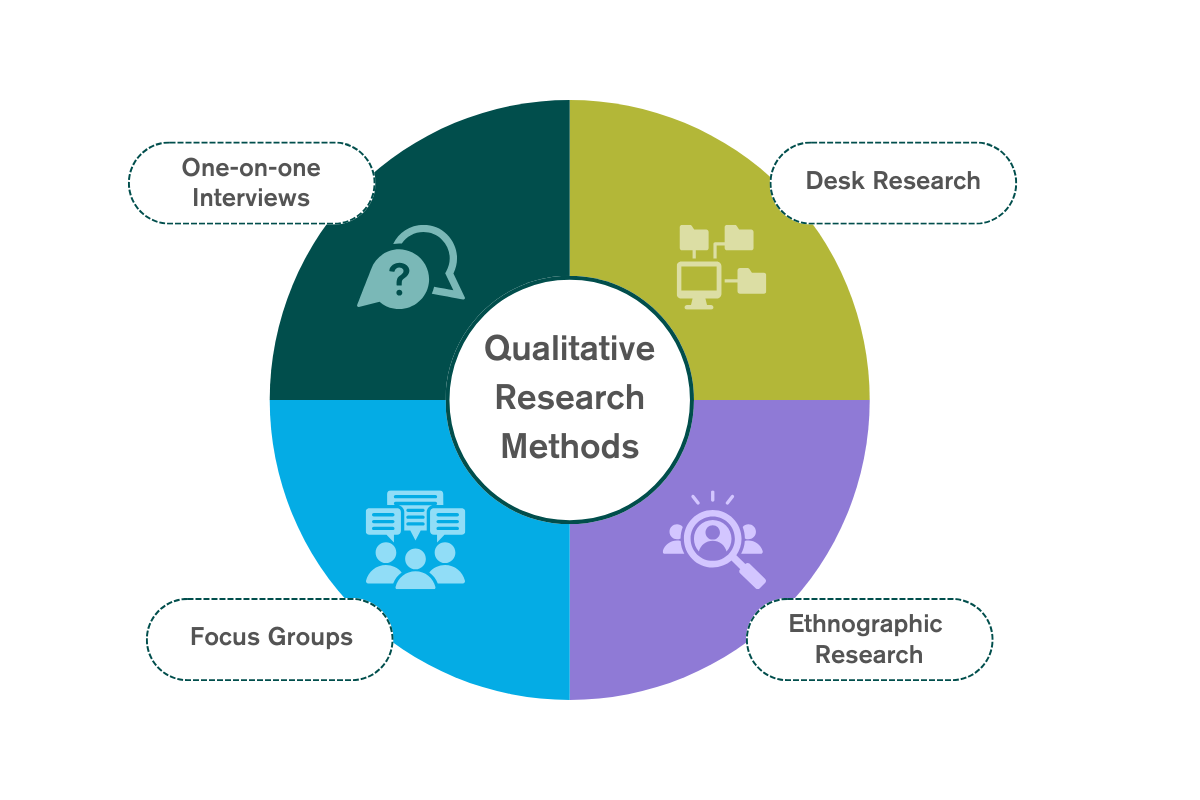Capability
B2B Customer
Experience Research
B2B customer experience research is a valuable tool for understanding where your brand is delighting customers. It guides you on how to have big impact on customer satisfaction.

Why choose us
The customer satisfaction market research firm you can believe in
Engaged and satisfied customers spend more and spread positive word-of-mouth to grow brands. Our B2B customer experience research guides you on how to allocate resources, set realistic improvement goals, and track the impact and ROI of CX initiatives over time.
High quality data
Data sourced from computer-assisted telephone interviews or video interviews – no online survey panels. Get insights from real people with real expertise.
Greater efficiency
A streamlined research process that saves time and resources, while also uncovering clearer insights.
Genuine B2B expertise
A team of B2B experts that know what’s important to you and your industry.

Use Cases
CX research
Identify customer experience bottlenecks
CX research helps you to understand the primary pain points and moments of truth that make or break your customer experience.
Development of new solutions
B2B customer experience research identifies gaps in the customer journey to innovate new solutions for unmet needs; inform the solution roadmap by understanding the impact on customer engagement and ease of implementation (e.g., quick wins vs medium-to-long-term goals).
Systematic feedback processes
A CX tracker helps you to demonstrate customer-centricity by regularly providing opportunities to share feedback and follow up on specific pain points with disgruntled customers.
Competitive differentiation
CX research helps you to execute and track initiatives to improve performance at the moments of truth in the customer journey. It provides clear insight into how to improve NPS/satisfaction. This creates a customer experience that stands out from the competition.
Operational metrics improvement
A customer satisfaction market research firm helps you to understand how to improve key operational metrics. This includes what drives greater customer spending, reduced churn, and cross-sell opportunities. It can model the impact of initiatives on these metrics.
CX delivery optimization
A customer satisfaction market research firm helps you to align CX delivery and customer touchpoints. This allows you to better suit the needs of different customer segments.
FEATURED VIDEO
Building a Failproof CX Tracker
Some B2B customer experience programs run for years, while others burn out after one or two iterations. Learn what elements need to be included in a CX program to make it failproof.
Our process
Custom-built B2B customer experience research
Every one of our B2B customer experience programs is custom-built from scratch. No more off-the-shelf research.
Define your research objectives
An initial meeting to understand your brand challenge or opportunity to inform our research plan.
Project kick-off
We meet with your internal stakeholders to align on the customer personas and the markets you want to research.
Journey mapping workshop
We conduct a client workshop and stakeholder interviews to map your customers’ touchpoints and needs.
Design interview materials
We custom design the interview discussion guides and/or questionnaires and edit until you sign-off.
Recruit real decision-makers
We recruit, screen, and validate the identities of relevant decision-makers in your target audience.
Data collection
We conduct live interviews with a representative sample of relevant decision-makers.
Analysis and reporting
We analyze the data collected by relevant variables and report clear and actionable insights in a short slide deck.
Strategic recommendations
We provide key recommendations on how to derive value from the insights and present the findings.
Featured CAse Studies
Our B2B customer experience research
Faqs
CX research FAQs
Here are some FAQs about CX research.
How do you conduct B2B customer experience research?
B2B customer experience research is conducted by customer satisfaction market research firms using both qualitative and quantitative research. These programs start by mapping the customer journey, which can be done through stakeholder interviews, workshops, and interviews with customers. This mapping exercise includes capturing detailed insight into the pain points, needs and touchpoints of customers, and which of these are most important to get right. A CX tracker then measures the level of customer satisfaction over time using key metrics such as Customer Satisfaction (CSAT), Net Promoter Score (NPS), and Customer Effort Score (CES).
What are the benefits of CX research?
CX research helps B2B brands to efficiently allocate resources, set realistic improvement goals, and track the impact and ROI of CX initiatives over time.
A CX tracker provides insight into:
- Your brand’s performance on key CX metrics and across all areas of the customer journey/touchpoints
- Which customer segments are most satisfied, and how to drive growth
- Which customer segments are at threat of defection, and how to reduce churn
- How to prioritize initiatives that target the most impactful pain points, needs, and touchpoints of your customers
How do you measure customer satisfaction?
You measure customer satisfaction using a range of core metrics and solutions. This includes metrics like Customer Satisfaction (CSAT), Net Promoter Score (NPS), Customer Effort Score (CES), stated and derived satisfaction or retention drivers, and others. Impactful solutions include customer tracking, touchpoint surveys, customer loyalty analysis, and win/loss analysis. It is important to use a range of metrics and solutions in CX research to ensure that you get a full picture of customer satisfaction and experiences.
How does customer satisfaction improve customer acquisition and retention?
A positive customer experience in B2B markets helps to attract new customers and strengthen brand loyalty. Customers with higher levels of satisfaction are more likely to share positive reviews online and refer you by word-of-mouth. By using CX tracking to identify strengths and weaknesses in the customer relationship, B2B companies can develop targeted strategies improve the customer experience and grow customer loyalty. CX tracking can also identify reasons and factors for selecting brands. Addressing these factors can be used to inform and optimize customer acquisition efforts bymarketing and sales teams.
What role does a brand map play in B2B competitor analysis?
A brand map is used in B2B competitor analysis to visually represent the brand position of your brand and competitors within your market. It is based on key attributes such as product and service features, price, and brand perception. Brand mapping helps you to understand your brand and competitors’ relative strengths, where gaps in meeting needs exist, and how to differentiate yourself from competitors. This insight is useful for informing the strategic direction for business planning, marketing campaigns, product launches and go-to-market strategies.




